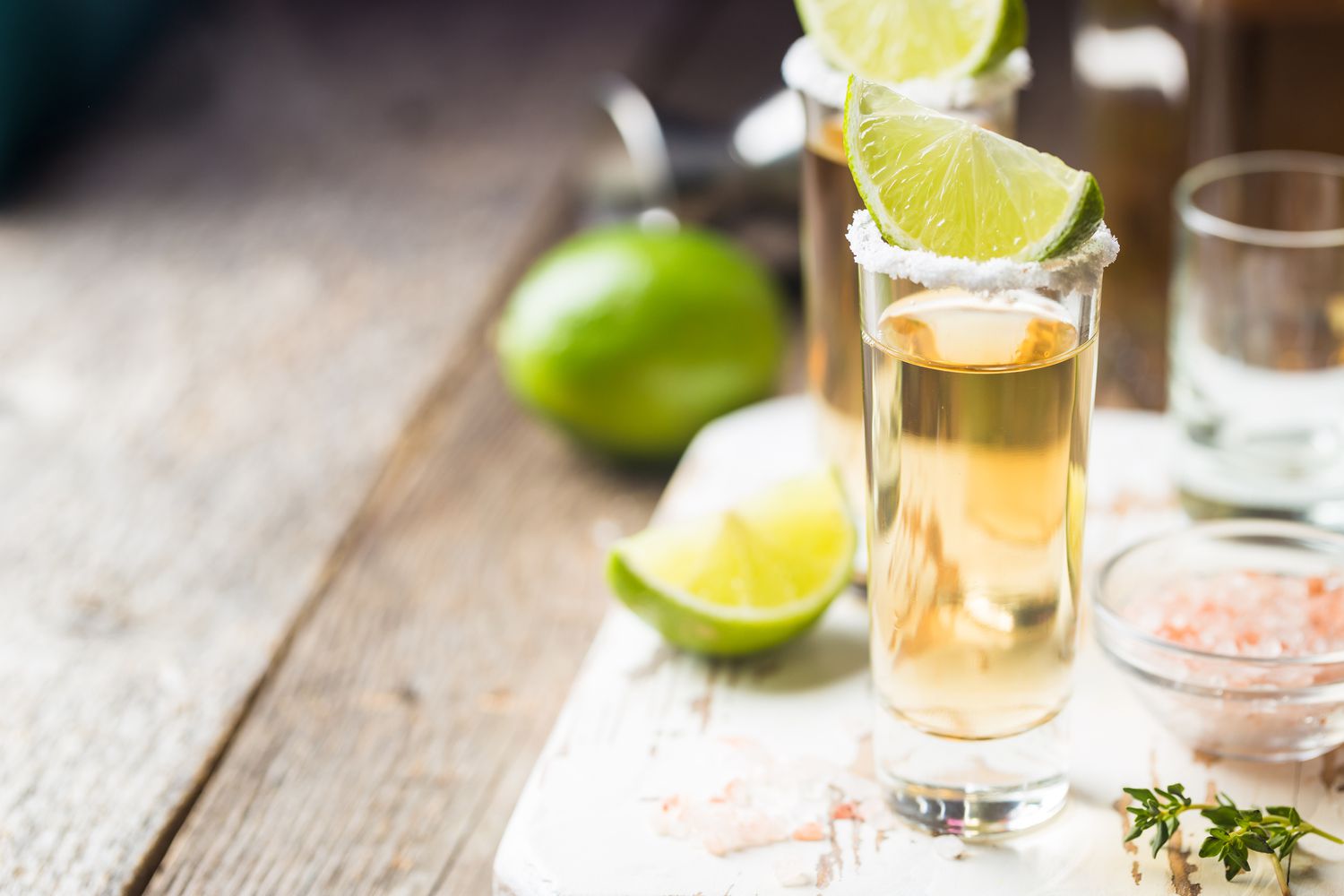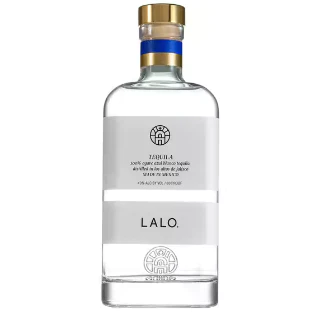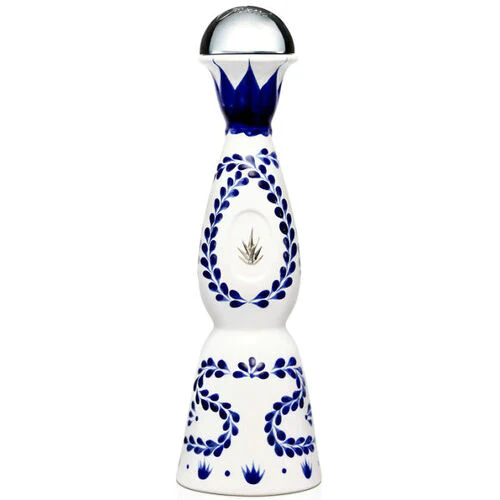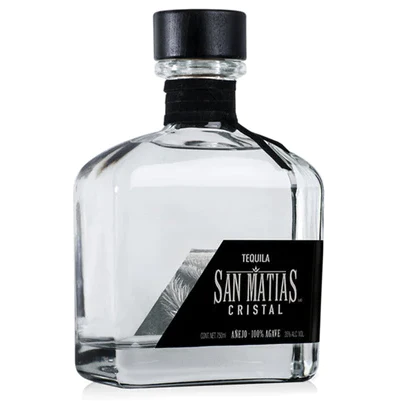Tequila, the famed spirit of Mexico, has captivated the hearts and palates of people worldwide. From its rich history to its diverse flavors, there’s much to uncover about this iconic drink. Join us on a journey through the agave fields and distilleries as we delve into the world of best tequila brands. Ah, tequila – the spirit that brings joy to gatherings and adds zest to life’s moments. But what makes tequila so special? Join us as we unravel the mysteries behind Mexico’s liquid gold.
Table of Contents
The Origins of Tequila
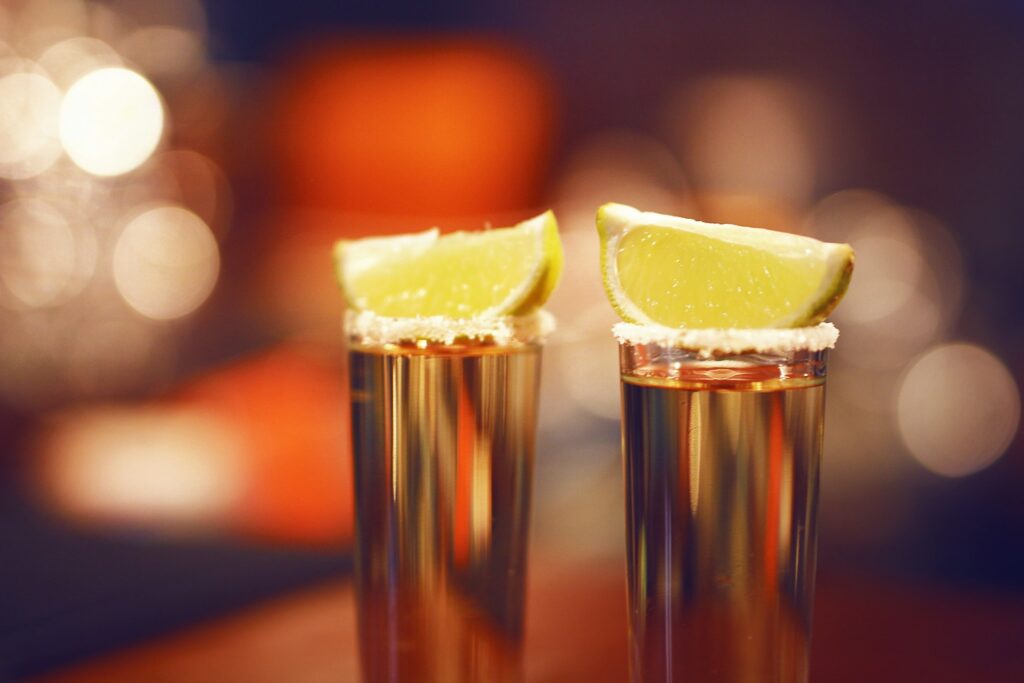
Legend has it that tequila originated from the ancient Aztecs, who fermented the sap of the agave plant for ceremonial purposes. Today, tequila is crafted from the blue agave plant, cultivated in the volcanic soils of Jalisco and a few other Mexican regions.
The origins of tequila trace back to ancient times, with a captivating legend that connects it to the Aztecs. According to this tale, the Aztecs revered the agave plant, considering it sacred and using it in various rituals and ceremonies. It’s believed that they discovered the intoxicating properties of agave sap, which they fermented to create a potent drink.
Fast forward to modern times, and tequila production has evolved significantly. Today, tequila is primarily crafted from the blue agave plant, scientifically known as Agave tequilana Weber. These plants thrive in the volcanic soils of Jalisco, Mexico, as well as in select regions of Guanajuato, Michoacán, Nayarit, and Tamaulipas.
Types of Tequila
There are primarily two types of tequila: Tequila Blanco and Tequila Reposado. Blanco, also known as silver or white tequila, is typically unaged and showcases the pure essence of the agave plant. On the other hand, Reposado, meaning “rested,” is aged in oak barrels for a minimum of two months, imparting a smooth and complex flavor profile.
Lalo Tequila Blanco 750ml
In the highlands of Jalisco, Mexico, LALO blanco stands as a testament to purity and authenticity in tequila production. With a commitment to quality and tradition, we craft our tequila blanco using only the finest agave sourced from the Jalisco highlands. Unlike many other tequilas, LALO blanco is free from additives and aging in barrels, allowing the true essence of the agave to shine through.
Our dedication to excellence extends to every step of the process, from hand-selecting the best agave plants to employing time-honored preparation methods passed down through generations. As a family member of the original Don Julio, the creator of LALO brings a wealth of expertise and passion to the art of tequila making.
Clase Azul Reposado Tequila 375ml
Crafted with care, Clase Azul Reposado starts with the finest Weber Blue Agave, slow-cooked in traditional stone ovens for a minimum of 72 hours. This slow cooking process brings out the agave’s rich flavors, setting the stage for a truly exceptional tequila.
After fermentation with proprietary yeast, the tequila undergoes distillation before being aged for 8 months in hand-selected oak barrels. The result? A smooth, superb taste that delights with every sip, exceeding expectations and making Clase Azul Reposado the perfect gift for any tequila enthusiast.
Tequila San Matias Cristal Anejo 750ml
In Jalisco, Mexico, our tequila san matias cristal anejo delights the senses with a captivating aroma of vanilla and cherry, complemented by subtle undertones of cake batter and agave. Upon tasting, the agave presence pleasantly surprises, intertwined with the lingering essence of vanilla cake. The overall experience is sweet yet balanced, avoiding any overwhelming sweetness. Additionally, hints of almond and honey add depth and complexity to the flavor profile, ensuring a truly delightful drinking experience.
Here’s the table with the summary of tasting notes for each tequila:
| Tequila | Aroma | Flavor | Region | Aging | Alcohol Volume |
|---|---|---|---|---|---|
| Lalo Tequila Blanco 750ml | Fresh agave, citrus | Crisp, citrusy, hints of pepper | Jalisco, Mexico | Unaged | 40% ABV |
| Clase Azul Reposado 375ml | Vanilla, cherry, almond | Smooth, vanilla, subtle oak | Jalisco, Mexico | 8 months | 40% ABV |
| Tequila San Matias Cristal Anejo 750ml | Oak, caramel, spices | Rich, caramel, hints of spice | Jalisco, Mexico | 12-18 months | 40% ABV |
Tequila Production Process
Crafting tequila is an art that requires precision and patience. The process begins with harvesting mature agave plants, which are then roasted, shredded, fermented, and distilled to extract the rich juices that will eventually become tequila.
Tasting Notes
When sipping tequila, pay attention to its aroma, flavor, and finish. Blanco tequilas often boast citrusy and floral notes, while Reposados may exhibit hints of vanilla and caramel, courtesy of their time spent aging in barrels.
Pairing Tequila with Food
Tequila isn’t just for shots and cocktails it’s a versatile spirit that pairs wonderfully with a variety of cuisines. From zesty ceviche to savory tacos, the earthy and citrusy notes of tequila complement a wide range of flavors.
Tequila Cocktails
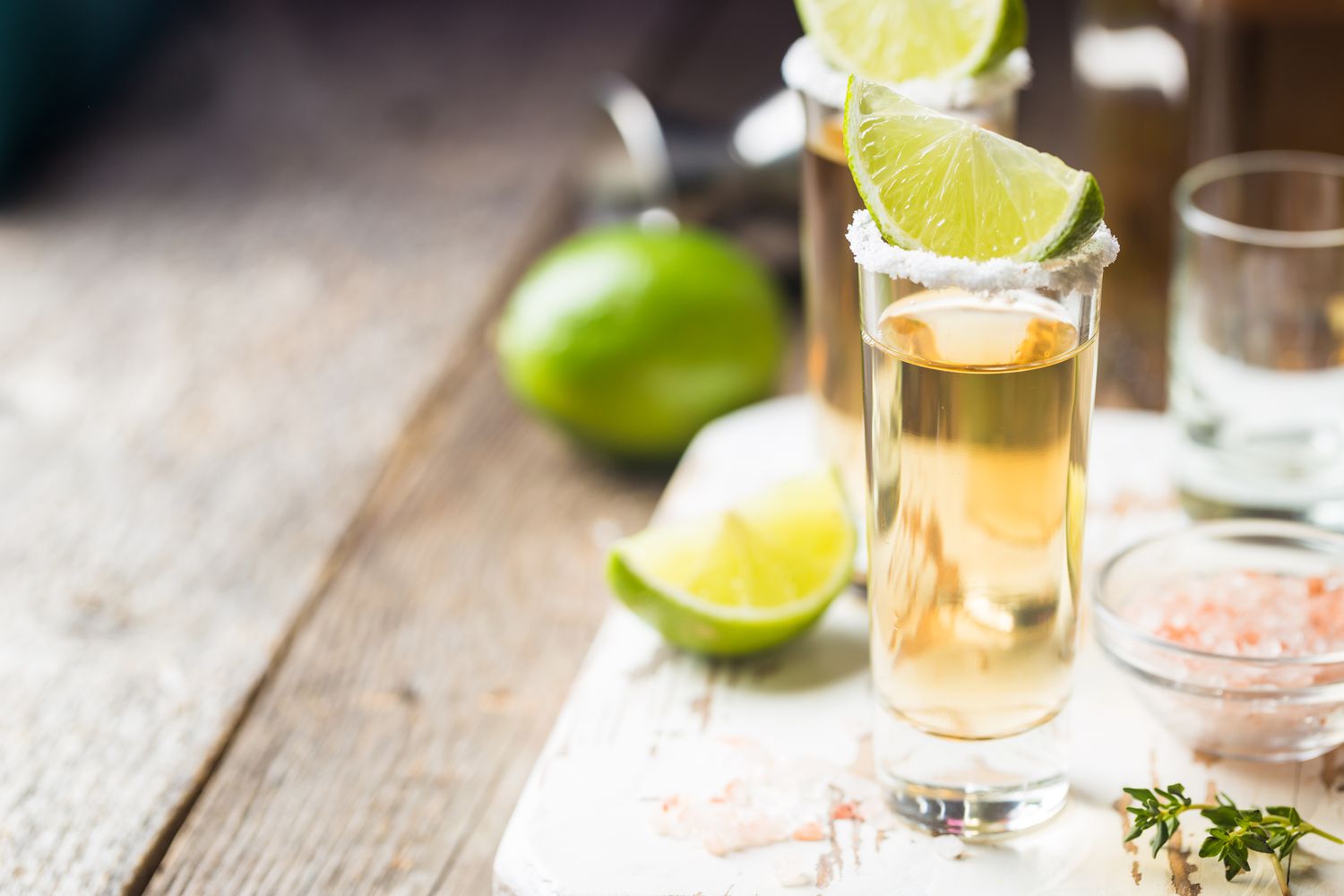
Whether you prefer the classic Margarita or a bold Paloma, there’s a tequila cocktail for every palate. Experiment with different ingredients and mixers to create your signature drink that reflects your unique taste.
Tequila Culture and Traditions
In Mexico, tequila isn’t just a drink it’s a cultural symbol steeped in tradition. From the agave harvest festivals to the art of distillation passed down through generations, tequila holds a special place in the hearts of the Mexican people.
Sustainable Tequila Production
As the demand for tequila grows, so does the importance of sustainable product review. Many distilleries are implementing eco-friendly initiatives to minimize their environmental footprint and preserve the agave fields for future generations.
Tequila Tourism
For the ultimate tequila experience, consider embarking on a journey to the heart of Mexico’s tequila country. Tour distilleries, explore agave fields, and immerse yourself in the rich history and culture of this beloved spirit.
FAQs
Q1: What is the difference between tequila and mezcal?
A: While both tequila and mezcal are distilled from agave, they come from different varieties of the plant and are produced in different regions of Mexico. Tequila is made specifically from the blue agave plant in select regions, while mezcal can be made from various types of agave and is produced in several Mexican states.
Q2: Can tequila only be made in Mexico?
A: Yes, according to Mexican law, tequila can only be produced in certain regions of Mexico, primarily in the state of Jalisco and parts of Guanajuato, Michoacán, Nayarit, and Tamaulipas.
Q3: What is the significance of the worm in some bottles of tequila?
A: Contrary to popular belief, the worm is not traditionally found in bottles of tequila but rather in some bottles of mezcal. The presence of the worm is largely a marketing gimmick and has no significance in terms of the quality or flavor of the spirit.
Q4: How should I store tequila?
A: To preserve the flavor and quality of tequila, store it in a cool, dark place away from direct sunlight and heat. Once opened, tightly seal the bottle to prevent oxidation and store it upright to minimize contact with the air.
Q5: Can tequila go bad?
A: Like most spirits, tequila does not spoil or expire if stored properly. However, over time, it may lose some of its flavor and aroma, particularly if exposed to air or sunlight for extended periods.
Conclusion
In conclusion, tequila is more than just a drink it’s a celebration of Mexican culture, tradition, and craftsmanship. Whether enjoyed neat, in a cocktail, or paired with your favorite dish, tequila has a way of bringing people together and creating lasting memories.

